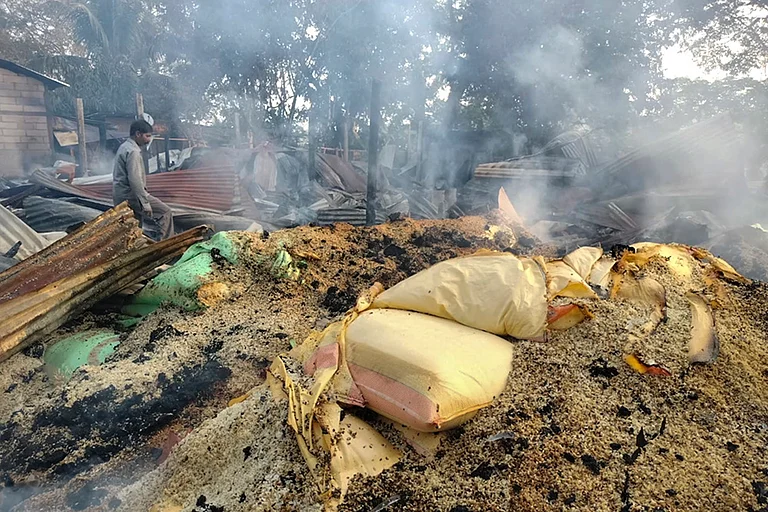Smoking in cars with children is currently prohibited in 11 states, and West Virginia is now considering joining them. This move comes as the state grapples with high rates of adult smoking, topping the nation according to the Centers for Disease Control and Prevention
The West Virginia Senate recently passed a bill aimed at imposing fines on individuals caught smoking or possessing lit tobacco products in a vehicle with passengers under the age of 16. The bill, which passed with a 25-8 vote, now moves to the House of Delegates. However, similar legislation has previously failed in the House, raising doubts about its prospects.
Senate Majority Leader Tom Takubo, who is both a doctor and a lawmaker, has been pushing for such a measure since 2017. His determination stems from a promise he made to a patient whose father was a heavy smoker. The patient, a non-smoker, suffered significant lung damage due to exposure to secondhand smoke in her father's vehicle.
Under the proposed law, violators would face misdemeanor charges and a maximum fine of $25. However, enforcement would be limited, as smoking with children present would only be a secondary offense, meaning it cannot be the primary reason for a traffic stop.
Opponents of the bill, like Senator Mike Azinger, argue that it encroaches on parental freedoms. Azinger contends that the rationale behind the legislation is primarily emotional and represents an overreach of state authority into family matters.
The debate over the bill reflects broader concerns about public health, individual rights, and government intervention, with advocates emphasizing the need to protect children from the harmful effects of secondhand smoke, while opponents raise objections regarding personal liberties and the role of government in regulating private behavior.


























